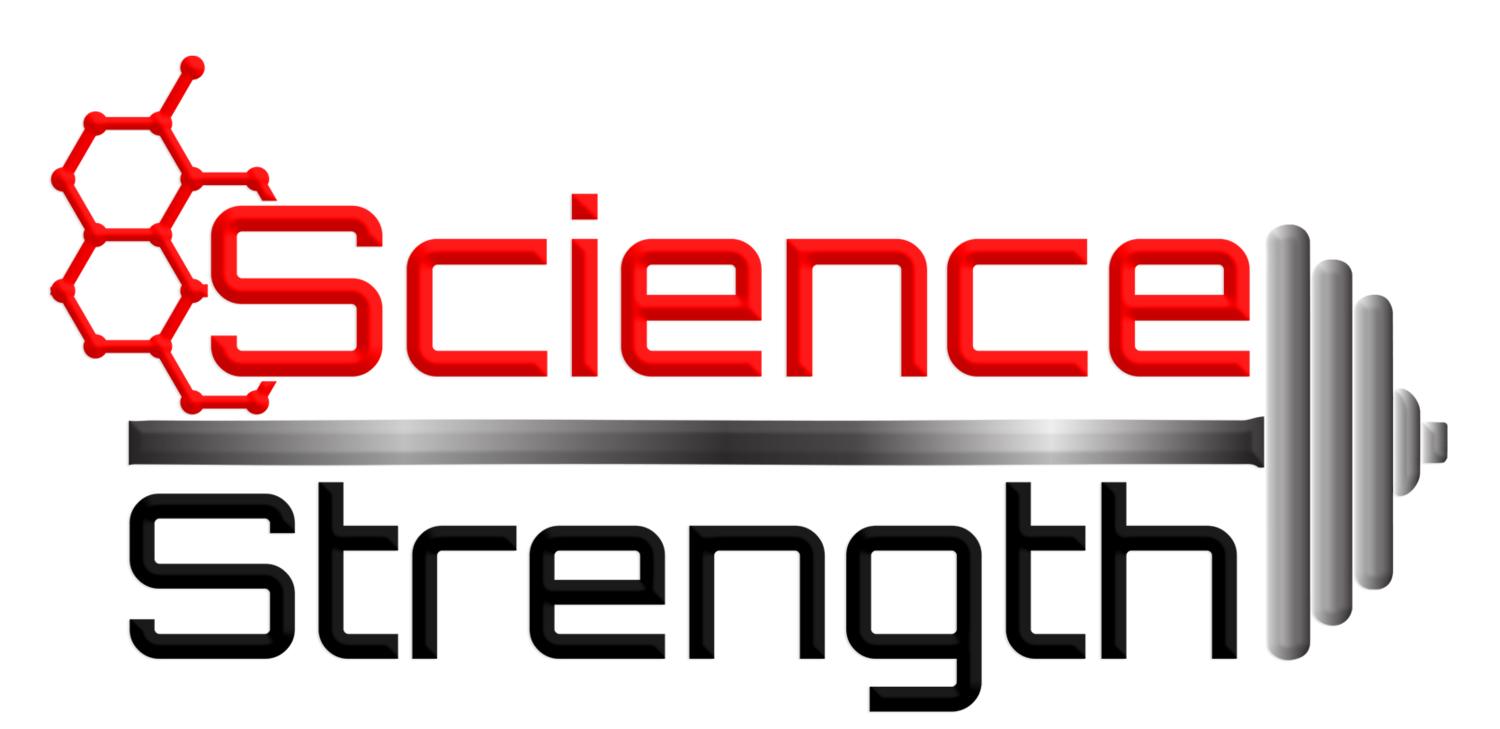Well, what shall I say…biology is messy…evolution is messier…and this mess started with shame.
To be more precise, with pro-shame…a gene you can find in animals. Yes, our monkey brothers, for example.
Pro-shame in the animal kingdom is an adaptive mechanism to submit to the stronger. To survive, to stay within the group. This makes the survival easier.
Shame is a human analogue to pro-shame. In the human culture, in our society shame is something that makes us belong…BELONG…yes, the feeling we so often look for…belong to a group, belong to a social cycle, belong to someone…the one significant other.
But what exactly is shame?
Shame is a protective mechanism against physical harm or punishment from a dominant individual (animal kingdom) or a group (humans).
Shame is dependent on cultural standards.
Shame emerges from the idea of being observed by others.
Shame needs audience.
Shame is a social emotion, a sensitivity to the opinion of others.
Shame makes people feel small, inferior, wanting to hide.
Shame is the failure to live up to some else’s standards, norms or expectations.
But there is one thing that is existential to shame…this is that we accept the social standards. Otherwise, there is no shame. If we don’t care what others think…we don’t feel ashamed, no matter what we do.
But but what if we feel ashamed of ourselves? Well, my dear, this is not shame, this is guilt.
Guilt, in contrast to shame, is not about the audience that observes you. It’s about yourself. It’s about your own moral. It’s about the failure to live up to your own norm, your own standards, your own expectations. Guilt is action focused. Whereas guilt is about feeling bad about a certain action you have done, shame is about being ashamed of the sort of person you are.
I don’t say that guild and shame can’t occur simulations. Often they actually do. Especially now, in our individualistic societies they are more difficult to distinguish one from another than before.
Why?
Because it’s not about what others think, it’s about what we think what others think.
Think about it. What do you think others expect of you? Do they really expect this of you? Or do you just think that they expect this of you?
In individualistic societies - I mean the societies we live in based on our own norms, the societies that reward us if we do things we think are right…not what others do…those in which we don’t care about the opinion of others - guilt becomes the new shame.
But let’s go back to the animalistic origin of shame for a bit; the submissive behaviour.
Both shame and submissive behaviour are physiologically correlated. Both are meant to keep the individual in the group.
Both lead to increased cortisol level (aka. stress hormone), which leads to a release of cytokines (inflammation molecules)…yes, I know, it’s biochemistry nerd stuff, but bear with me for a while.
Speaking of which, please remember these two characters: cortisol and cytokines. These are the two major villains, for my future posts, in your life, and for the future of the humanity.
Increased cortisol and inflammation are correlated with subordinance and frequency of a submissive response in the animal kingdom, as well as shame inducing experiences in us humans. Both are the base of the physiology of shame, social withdrawal, and disengagement.
Guess what, both are also the molecular markers for depression. During depression social withdrawal and disengagement are the two central factors. What does it tell us?
Well, everything is connected. What started with pro-shame leads to major problems we globally have; depression, anxiety & Co.
What to know more about depression, anxiety and how to kick their asses? Stay tuned until my next post.
